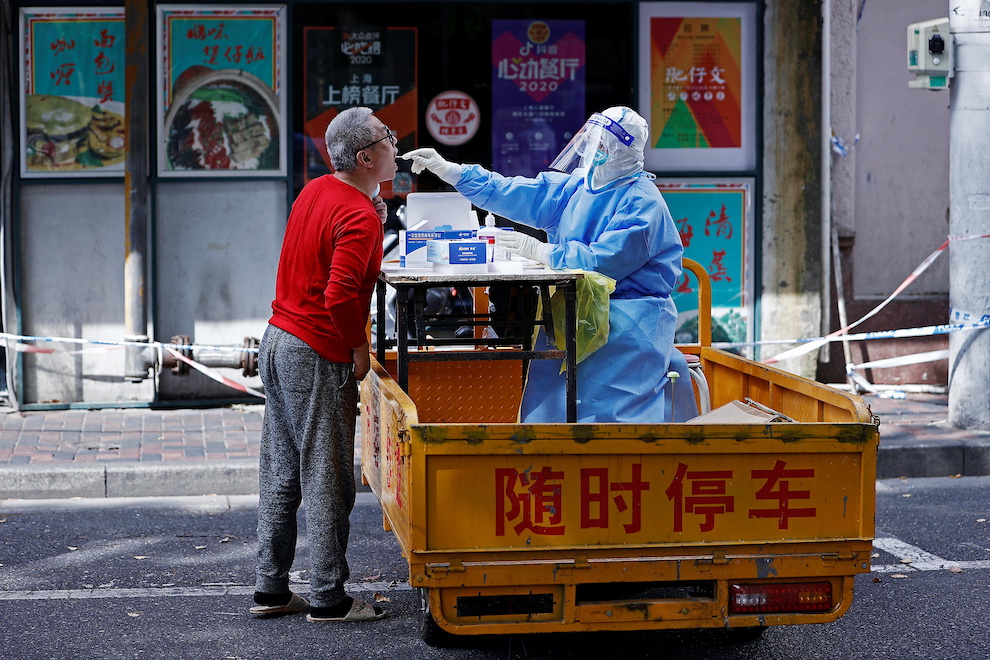More than half of the American companies operating in China say they have delayed or cut investments as they evaluate their options globally, and foreign staff are less willing – or simply refusing – to shift to China.
This is the dire picture presented by a flash survey of 121 companies by the American Chamber of Commerce in China between April 29 and May 5.
China’s fixation on a zero-Covid strategy has shaken the already waning confidence of foreign companies. “An already challenging situation continues to worsen,” AmCham China chairman Colm Rafferty said.
All the respondents say they have been impacted, with those in Shanghai among the hardest hit, as China takes a hardline approach with its Covid fight amid concern that a large number of number of elderly residents’ health could be at risk if the virus spreads widely.
More than 15% of the respondents, or about 19 companies, said their operations in locked down Shanghai remain fully shut.
The collateral damage from the lockdown of China’s commercial hub is being felt far and wide. About 60% of US companies based in other cities have also reported slow or reduced production as they lack employees or parts because of delays or restrictions holding up supply chains.
The survey also found 58% of the respondents have lowered their 2022 revenue projections, up from 54% a month ago.
In terms of supply chains, 61% complained about disruptions to transportation and shipping networks. Even though 68% say they have partially restarted operations, only 12% said China’s recent measures to stabilise supply chains and ease transport requirements were helpful.
Companies from Japan and Europe have made similar complaints in recent weeks.
ALSO SEE: Anglo-American Unveils World’s Biggest Hydrogen-Powered Truck
Inability to Travel
The major gripes are over travel restrictions – 82% cited lengthy quarantines as the major concern, while 77% cited restrictions on travel to China.
“For two years, we have advocated easing business travel restrictions,” Rafferty continued. “There have been some improvements, but today, it’s still as hard as ever to travel to China.”
He said there will be a mass exodus of foreign talent this summer, with fewer employees overseas willing to take up open positions in the country and move in.
“Those who can travel to China pay many times the usual cost for tickets due to a scarcity in flights, navigate incredibly challenging pre-flight testing procedures, and endure the world’s most extensive and unpredictable quarantine requirements on arrival… We understand China prioritising health and safety but the current measures are throttling US business confidence in the country.”
• By Frank Chen
ALSO on AF:
Many Japanese Factories in Shanghai Unable to Resume Work
China Stocks Plunge as Xi Doubles Down on Covid Strategy
China, Russia Central Banks to Meet Over Payment Systems
China Issues New Bond Rules to Help Struggling Companies
























